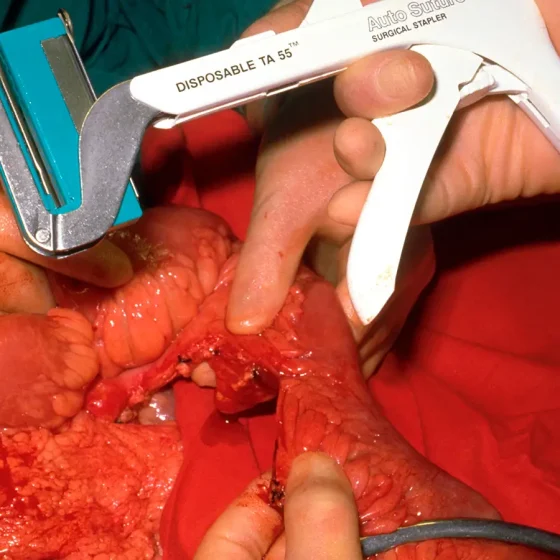Crohn’s disease
Key facts Crohn’s disease is a type of inflammatory bowel disease. Symptoms can include abdominal (tummy) pain and diarrhoea. Although there is no cure for Crohn’s disease, there are treatments available to help control the inflammation. What is Crohn’s disease? Crohn’s disease is a type of inflammatory bowel disease. It causes swelling and inflammation (redness) inside your digestive tract. This can lead to symptoms such as abdominal (tummy) pain and diarrhoea. Crohn’s disease can develop at any age, but usually first appears in people aged 15 to 30 years. Crohn’s disease is more common in people living in the Western


